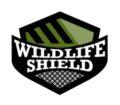We have adjusted our services to serve you safely during the Covid-19 outbreak
- Technicians in protective equipment when requested
- Ask about our disinfecting and cleaning services
What Does Raccoon Poop Look Like?
One of the biggest questions asked by homeowners with a raccoon invasion is, “What kind of feces are these.” Raccoon droppings are tabular, have blunt ends and have a dark hue. However, the colors might differ depending on their latest meal. Getting to know the feces or droppings made by a raccoon is indeed the first step to knowing what you are dealing with, and how you can be able to deal with it. There are a lot of distinguishing facts about raccoon droppings you need to know. Call us for Raccoon Feces Removal Toronto services: 647-557-7932.
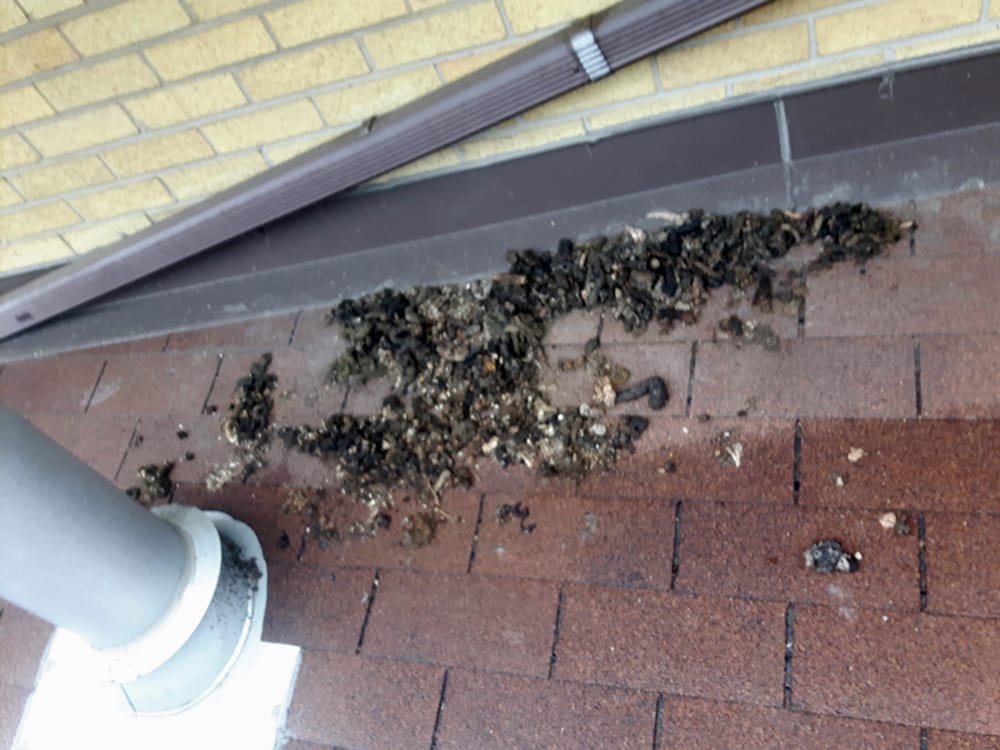
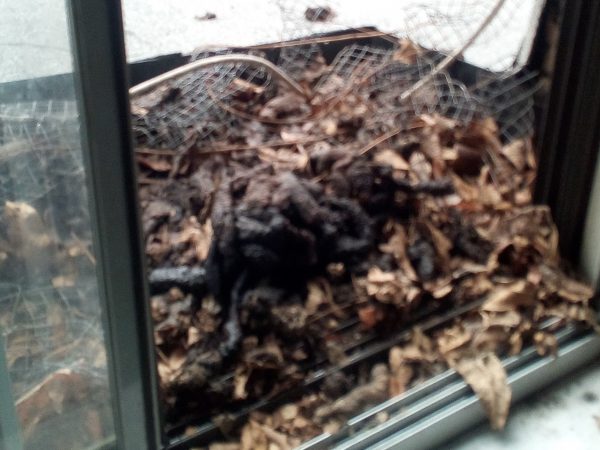
Raccoon droppings are about the size of dog poop, but a distinguishing factor is, raccoon dropping often has what might appear to be a seed inside the poop. It almost seems to look like berries are present in the poop. The reason why it seems like raccoon poop has berry seeds is that they spend most of their time outside eating berries, nuts, and fruits.
The average size of raccoon poop is about a ¾ inch in diameter. Their sides are usually texturing with rounded and broken tips. In case you find one of these turds in your property does not attempt to pick it up. Raccoon dropping has health risks. They often have parasites that could be harmful to humans if you get into contact with it.
If you have to clean out raccoon droppings, it’s advisable that you use gloves and protective clothing to cover your mouth and nose. You could easily inhale dangerous parasites while cleaning out the mess. You could also easily identify raccoon is dropping in your attic, shed or garage by its location. Raccoons, unlike other rodents, will seclude a location in their nesting area where they will poop. A raccoon latrine.
In your attic, shed or garage, you will find piles of dropping in one area depending on the number of raccoons sheltering in that particular space. If raccoons are pooping in your attic or shed, the smell is easily identifiable since it gets mixed up with urine.
In case you notice any signs of raccoon poop in your property, it’s important that you do not attempt to clean it but call a professional. Due to the health risks discussed above, this might be a job best suited for a professional wildlife removal expert. They might be in a better position to get rid of raccoon droppings and also offer decontamination services for your attic, shed or garage.
Raccoon Feces Removal Toronto. For many, the primary issue regarding raccoons is the inherent property damage concerns that arise when the animal breaks into your home. Raccoons are strong animals that are able to break through difficult areas on a home without much difficulty, including soffits and roof vents. They are very intelligent animals and are able to solve complex problems over time with relative ease. Furthermore, their paws are extremely sensitive and dexterous, and as such, they are able to open up areas on a home that other forms of wildlife have a great deal of trouble accomplishing. Once inside they can rip apart ducts, tear up the insulation on pipes, rip the insulating paper off of walls, chew on wires, trample down insulation or stuff it in areas it doesn’t necessarily belong. Call: 647-557-7932
Call for Raccoon Feces Removal
Another concern regarding raccoons that is often overlooked however are the health risks inherent in having a raccoon population living in or on your property. Parasites, for example, are a major issue. Most species of urban carry parasites wildlife and raccoons are certainly no exception. Fleas, for example, are often found in the fur coats of raccoons, as the insects can while remaining sheltered and hidden. Other insect concerns are ticks which are the primary carriers of Lyme disease, an infectious and difficult to treat illness whose symptoms include fever, headaches and exhaustion. A high population of animals typically correlates to a high population of parasites. When the animal is evicted, their main host is no longer available so they will migrate to the next available host which is typically humans.
Before
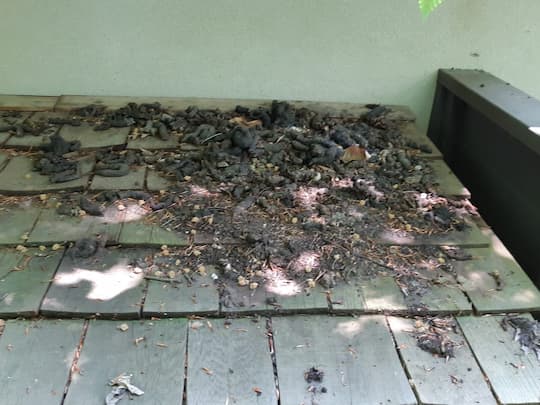
After
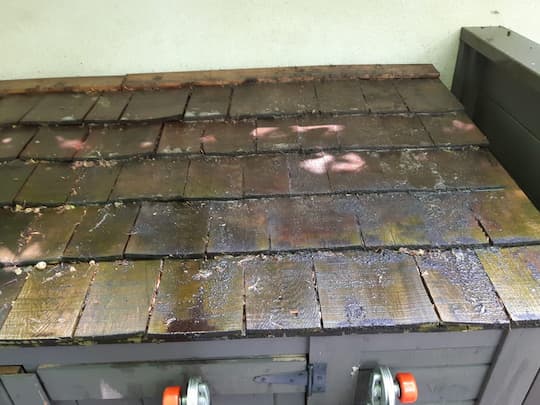
Raccoon Poop Danger and Health Concerns
There is absolutely no doubt that raccoon droppings are dangerous to breathe or even touch. Raccoons carry diseases that can affect both our pets and us. In case you noticed a raccoon infestation in your attic or anywhere else in your property, you will be able to quickly identify their latrine (Raccoon Latrine).
That’s right; you will not only just get a raccoon in a raccoon den but also a raccoon latrine. And while they sometimes will restrict their pooping to only one section of their den, it’snot abnormal to find their feces and urine piled up in one location. However, it’s more common to find their feces and urine all over the place. Therefore, in case you were wondering, raccoon infestation equals fecal contamination.
So, what makes raccoon feces toxic?
Well, raccoons carry parasitic roundworms, this disease does not affect them. However, it can be very dangerous for humans causing neurological problems and even death. Raccoon dropping, therefore, has both parasitic worms and eggs, meaning you can become infected. The roundworms that get expelled by raccoons are extremely resilient and will survive in both warm and cold temperatures. When the eggs get dry, they are airborne, meaning; they could get their way into your house through the vents.
So how can you get roundworms?
Humans can get roundworms by touching raccoon feces with their hands or breathing contaminated dust particles that are filled with their eggs. While it might not be as dangerous as roundworms, raccoon feces may also carry giardia, a parasite that is also harmful to humans. Raccoons urine is also harmful to us, and normally carries a bacterial infection that infects the kidneys.
With this in mind, it’s important that you decontaminate your attic after raccoons have been removed. Before you begin resetting the laurels, hire a professional company to perform an attic decontamination service. As discussed, the parasites that are found in raccoon dropping are resilient and can survive through the worst condition. Not properly getting you attic cleaned can lead to ulterior health threats.
In case you have just completed a raccoon removal process, hire a professional to inspect your attic to determine the amount of cleaning that needs to be undertaken. Depending on the time the raccoons have lived in your attic you might just need a spot cleaning procedure, but if raccoons have lived in your attic for more than a few weeks, you might require a complete decontamination service to ensure that both you and your family are safe from the health risks.
Another major concern is the feces and urine raccoons will produce over time. Raccoons frequently defecate and urinate in the same place and generate piles of feces called raccoon latrines. Raccoon latrine locations include tree bases, stumps, garages, under decks and especially in attics they use as shelter. In addition to the general repulsive and nauseating odour and presence their feces causes, it is also a very serious biohazard. Raccoon roundworm, or Baylisascaris procyonis, is found in raccoon intestines produces eggs that can be found in the raccoon’s feces. People and pets who either ingest or unknowingly inhale roundworm eggs may become infected with severe symptoms varying from loss of muscle control, liver complications, fatigue and blindness if the eyes are infected. Giardia lamblia is an organism also found in raccoon excrement causes severe nausea, abdominal cramps, diarrhea and dehydration, and is caused by ingesting food or water contaminated by raccoon feces.
raccoon feces removal Toronto
Before
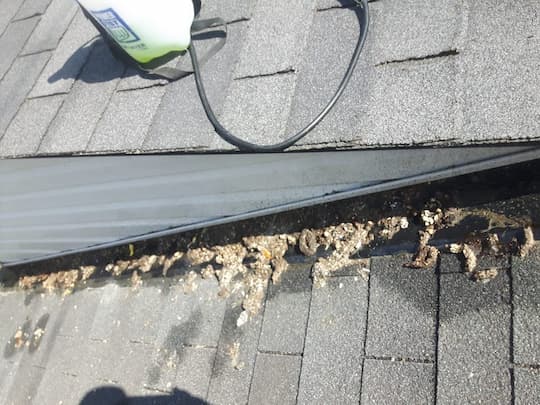
After

Raccoon Poop Removal
How to Stop Raccoons from Pooping on My Deck
Raccoons themselves are not disgusting animals, but since they do love to covertly invade human habitats, their behaviors can be problematic and quite disgusting, specifically when they proceed to defecate on porches and decks. Thankfully, there are a multitude of tactics you can employ to keep raccoons from relieving themselves on your deck.Wildlife professionals have a number of ways to stop this problem from occurring, with methods that will not be obtrusive.
A wildlife removal specialist will generally begin by ensuring that the lighting around your deck is consistently well-lite, which will deter the raccoons from investigating the space. Additionally, a professional will likely recommend the placement of a weather radio, or, a low-volume FM radio that plays constantly throughout the night. Raccoons do not want to be encountered by humans, and the sound of their voices or the harshness of a shining light will work to deter them from rummaging around your deck.
More complex measures may be employed, such as the installation of trenching, which is a form of raccoon-proofing that professionals can install to keep raccoons from entering the underside of a deck or climbing up onto the deck. Raccoons have very sensitive feet and claws which can be easily hurt if they are required to walk across a rough or slick surface. This metal trench prevents raccoons from climbing onto the deck and creates a barrier preventing nesting in the crawl space below.
If at any point you see raccoons nesting underneath your deck, never attempt to run them off or remove them yourself. Consult a raccoon removal specialist in the Toronto area to address this problem. This will keep you in compliance with Ontario policies and ensure that the animals are not harmed in the process.
How to Stop Raccoons from Pooping on my Roof
Raccoons are incredibly versatile animals when it comes to climbing, which is a part of their evolutionary traits to scale trees. Naturally, this can lead to raccoons climbing onto roofs, which is becoming a common occurrence in Toronto. You may have heard the sounds of raccoons scuttering across the roof and there is no need to think that you are hearing things, it is more than likely a raccoon on the move.
Apart from noise, there are other unwelcome attributes that come with raccoons and rooftops: their poop. Raccoons on the roof may actually be a more alarming sign since this usually indicates that they are traveling back and forth from your attic. Raccoon feces can cause long term damage to roof shingles, which can become discolored due to the excrement. How can you stop them from pooping on the roof? A raccoon specialist is best suited to address this problem.
A professional will likely first address the presence of live raccoons and subsequently, remove them. After the removal process, a thorough clean up and disinfecting of the shingles will be carried out. Climbing onto the roof and trying to address this problem yourself is incredibly dangerous, but trained professionals have experience in addressing this matter.
A professional will usually set traps after the clean-up process to prevent raccoons from nesting in the eaves of rooftops. These traps will frequently be inspected for live raccoons that will subsequently be removed. It is difficult to keep raccoons from climbing onto a roof, but raccoon removal specialists have trusted methods to ensure that each nesting raccoon is trapped and removed to prevent the mess that comes with raccoon poop in a very difficult place to reach.
How to Get Rid of Raccoons Pooping in Your Yard
Raccoon poop on a deck or roof is incredibly intrusive, but raccoons can also frequently use the yards of homeowners to relieve themselves. Raccoons are drawn to human habitations because there is always abundant and easy access to food and water. Water sources either from the outdoor dog and cat water bowls or even bird feeders are easy sources for hydration for raccoons.
Garbage and gardens provide easy nourishment; therefore, a raccoon removal specialist will seek to address ways in which these sources can be monitored to prevent raccoon activity. Since raccoons are primarily nocturnal animals, a professional will help to devise a plan to remove all pet and bird food and water from sitting out overnight. Additionally, trash cans will need to be tightly secured to avoid raccoons from tipping them over.
A raccoon specialist will then begin to address the problem of roaming raccoons throughout the yard. They may apply ammonia or other chemicals that are unattractive to raccoons to deter them from foraging a defecating in the yard. At the end of the day, these processes are not guaranteed, which is why contacting a removal specialist is the best course of action. They might work a time or two, but then the raccoons figure out there’s no danger in them. Your expensive roof lights probably won’t work either; they’ll just adapt to the light.
One thing that has had some success is leaving a radio on in your yard. Tune in to an all-night talk radio station. The sound of voices often scares raccoons away. A professional will likely utilize the above methods to prevent raccoon activity, but they will use traps to contain them and then remove them from your property for a safe return to a habitat more in line with their preferred area of choice.
Given the health risks inherent in the extended presence of raccoons on your property, it is important to act quickly and decisively should the animals move into your home or onto your property. Any qualified wildlife technician will be able to not only extricate the creatures from your home but also clean and disinfect your property from any disease spreading feces that may be left on site. With this in mind, should you find yourself dealing with the raccoons make sure you call a professional to ensure your piece of mind and health are not at risk. Call our services for a professional Raccoon Feces Removal Toronto:
Before
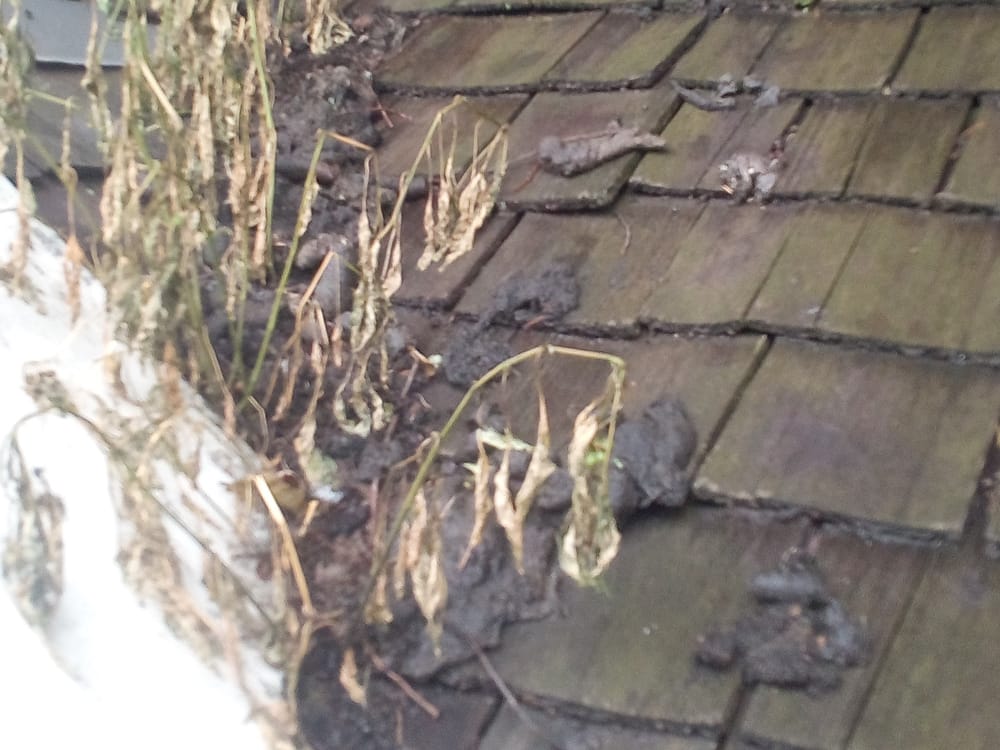
After
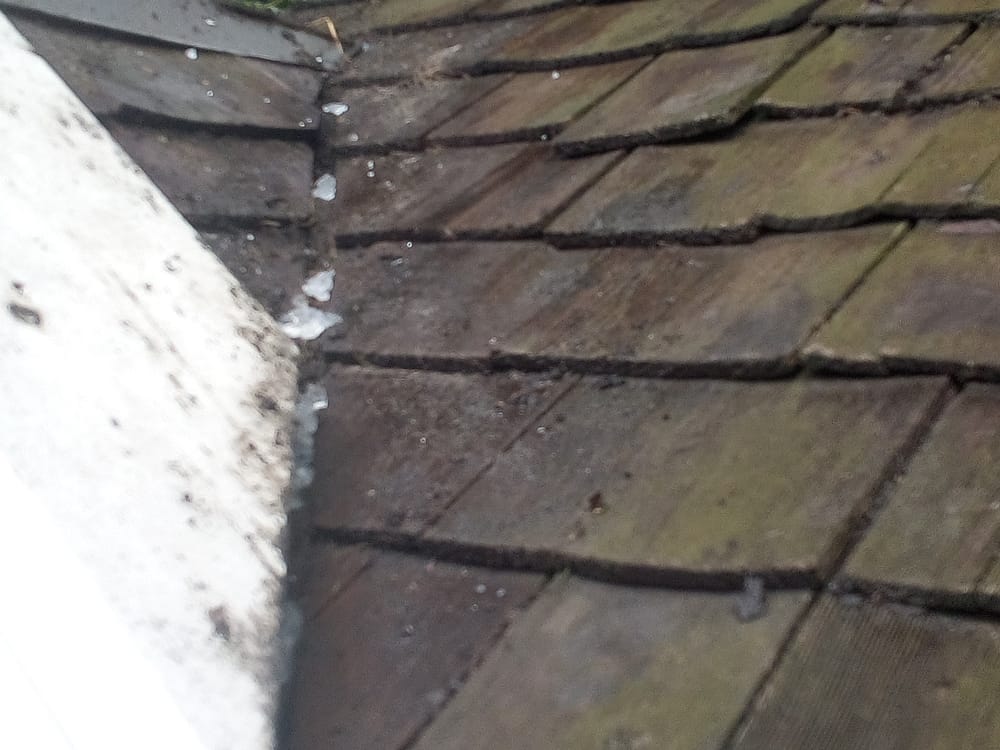
Disinfection Services
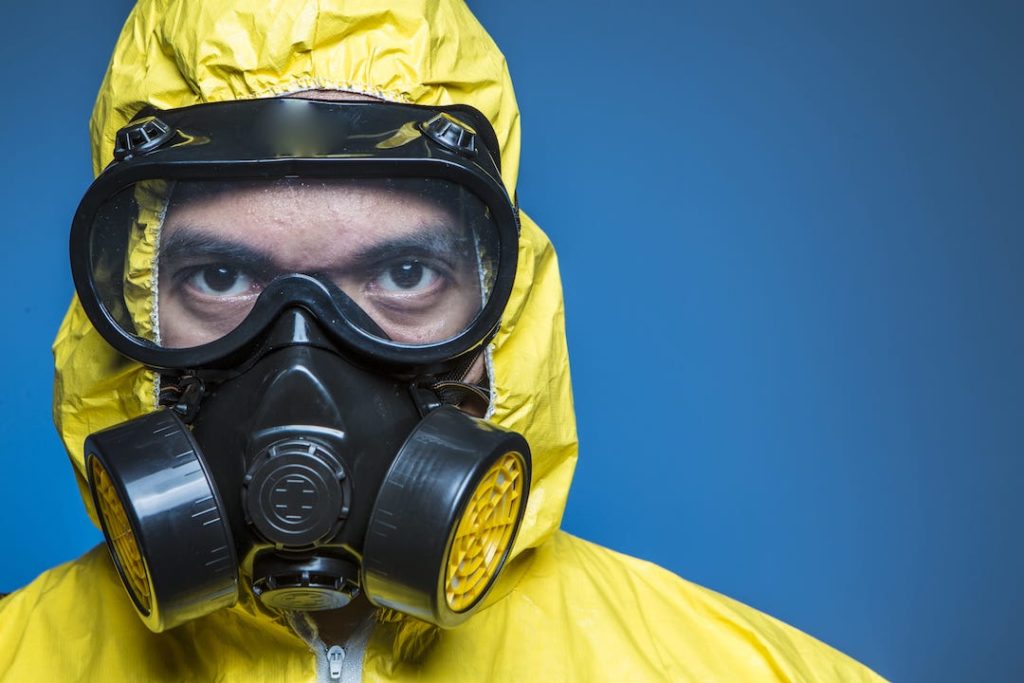
We are ready to serve for your safety. Disinfecting and Cleaning Services
Our Disinfection Services Include:
- Botanical Hospital Grade Disinfectants
- Bio-hazard Cleaning
- Odour Removal
- Surface Cleaning
- Ultra-low Volume Mist Fogging
- Sanitizing & Disinfecting
- Pigeon Feces Cleaning and Disinfection
- Dead Animal Removal and Disinfection
Raccoon Poop in Attic
Why raccoon love to live in the attics
Raccoons are one of the most common animals that love to live in the attics. During the fall and winter seasons, raccoons seek safety and comfort around peoples’ homes, and they often set up their den in the safe and warm spaces in the attics, away from predators.
Unfortunately, when raccoons live in your attic, they also make it their latrine. They poop and pee in there, causing serious sanitation issue. And worse than that, they may damage your attic insulation, and their urine may soak into the insulation and even the adjoining wall.
The dangers of raccoon poop in the attic
Raccoon feces may contain infectious agents which can cause different types of diseases. The most common one is the raccoon roundworm, baylisascaris procyonis. The eggs of this worm are present in raccoon excrement. If the eggs are mistakenly inhaled or ingested, they will hatch into adult worms, migrate to the brain and damage nervous tissues, causing a wide array of symptoms.
In addition, eating food that is contaminated with raccoon poop may lead to serious gastrointestinal diseases, such as campylobacter infection, giardiasis, leptospirosis, and salmonellosis.
Furthermore, the raccoon feces and pee may soak into the walls, producing a foul-smelling odor in your home.
How to remove raccoon poop in the attic
Whenever you are dealing with raccoon poop, make sure you’re properly kitted to avoid coming in direct contact with particles from the poop. Wear protective clothing, high-quality face mask, rubber boots, and disposable hand gloves.
We remove raccoon feces, Call Now
Before
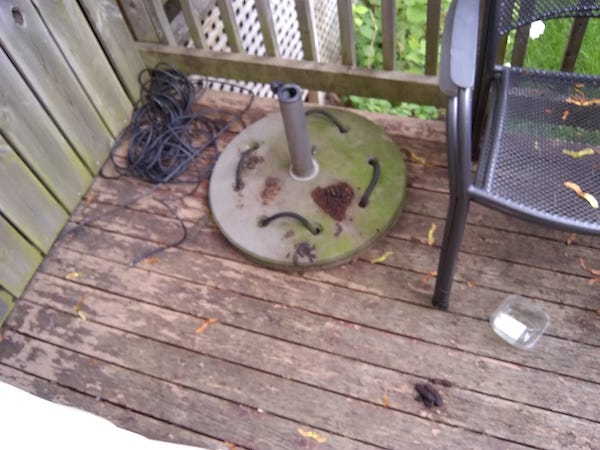
After
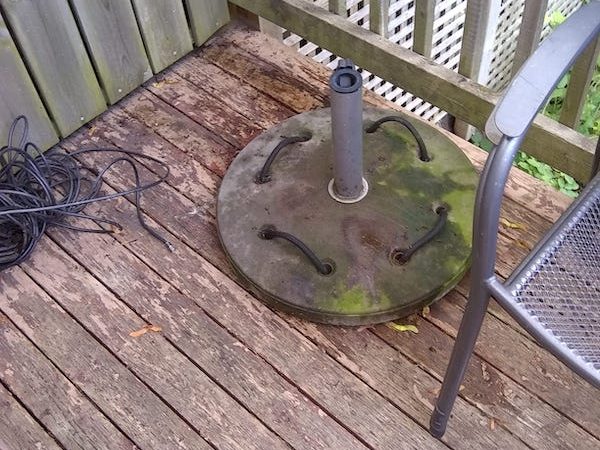
Raccoon Poop in Your Yard
Raccoon poops: what attracts raccoons to your yard?
Raccoons poop in your yard because they live in the vicinity. Raccoons often go to places where they can find food and shelter. If they can find both things in your home, they will set up a den around your home. So you need to make sure you are not making your home attractive to raccoons.
If you have the habit of keeping pets’ food outside, you need to stop. Similarly, you should always lock your trash cans to prevent raccoons from opening them. Additionally, trim the trees in your yard and remove any pile of woods around. When raccoons don’t get what they are looking for, your home won’t be of use to them, and they will leave.
The dangers of raccoon poop in your yard
Raccoon poop may be laden with very contagious parasitic organisms, such as roundworms, bacteria, and giardia. These infectious agents can be contracted if you inhale or ingest particles of raccoon poop after coming in direct contact with them.
Raccoon roundworm, baylisascaris procyonis, is known to cause serious neuromuscular disorder, especially in young children. Bacterial diarrhea diseases like salmonellosis can be gotten from ingesting particles from raccoon poops. Giardiasis is another possible infection raccoon droppings can spread.
Removing raccoon poop from your yard
If you notice raccoon droppings in your yard, it is better to hire a professional to remove them and clean your place. It is not advisable you do it yourself since you may not have the right tools and materials.
However, if you wish to attempt it, you must be very careful to make sure you don’t come in direct contact with raccoon feces while trying to remove them.
What to Do if Your Dog Eats Raccoon Poop?
Dogs are inquisitive animals and the sensory perception in canines operates in entirely different mechanisms than our own. This will sometimes lead to dogs sniffing or even eating the feces of wild animals. When it comes to raccoon poop or latrine, this can be a problem due to the high content of bacteria and parasites within raccoon feces. If you ever discover your dog doing this, you will want to address the problem immediately.
Raccoon feces likely contain parasitic worms, such as raccoon roundworm, which can easily grow inside of a dog’s digestive tract. Immediately take your dog to a veterinarian in the Toronto area, particularly a vet that has experience in diagnosing this problem. An animal doctor will be able to take steps to remove the contents from the dog’s digestive tract or administer medications to destroy any parasites contracted from the raccoon feces.
Lastly, you will certainly want to address the appearance of raccoon poop in your yard. This is usually a sign that raccoons are harboring somewhere in your yard or accessing food sources in your yard. Consult with a raccoon removal specialist to have them inspect your yard. If raccoons are present, a removal specialist can take steps to trap them and then remove them.
Professional Raccoon Pop Removal
Raccoon Poop on The Roof
Why raccoons poop on the roof
Raccoons are excellent climbers and can easily ascend the corners of the house or climb a nearby tree to get to the roof. Most of the time, they find a living space under the eave of the roof or create one in the soffit. They can even tear up a part of the roof to create a comfortable home for themselves.
Once a raccoon starts living on the roof, it will create a latrine up there.
Raccoon feces are dangerous
Apart from the rabies virus, raccoons can carry other dangerous infectious agents, such as worms, bacteria, and other parasitic microorganisms. These organisms are readily passed through their feces, and you can get infected by inhaling or ingesting these organisms in their feces.
Baylisascaris procyonis, raccoon roundworm, is one of the most common disease agents in raccoon poop, and it causes a serious neurological condition, especially in children. Giardiasis is another serious infection that can be contracted from raccoon poop. Also, bacterial organisms like salmonella and campylobacter are commonly present in raccoon feces.
How do you remove raccoon poop on the roof?
If you must remove raccoon poop on the roof by yourself, you have to be extra careful to make sure you don’t come in direct contact with the poop or inhale it. You need to wear protective clothing, quality face mask, and disposable gloves and clogs.
Gently climb up to the roof and sprinkle some water on the latrine to prevent dust from carrying raccoon worm eggs to other parts of the house. Pack the feces in a plastic bag and double bag it. However, this does not guarantee that the infectious agents have been eliminated.
RACCOON POOP IN BACKYARD
Where do raccoons poop in your backyard?
Raccoons can turn any suitable site in your backyard to their latrine and leave piles of poop there. Common places where raccoons might go to poop in your backyard include the base of trees and shrubs; raised horizontal surfaces, such as fallen logs, stumps, woodpiles, or large rocks; and around sheds.
If you notice that raccoons are lurking around your home and you have places like the ones mentioned in your backyard, always check them for raccoon feces. Be careful though, to avoid coming in direct contact with the poop.
Health risks associated with raccoon droppings
Raccoon poops often carry bacterial organisms. One common organism is salmonella which causes a diarrheal disease called salmonellosis. Someone can get infected by ingesting particles from raccoon feces. Similarly, giardiasis, another diarrheal disease, can be contracted by ingesting vegetables contaminated with raccoon poop.
But the most common parasitic organism in raccoon droppings is raccoon roundworm which causes a serious nervous system disorder when ingested or inhaled. Raccoons are the primary carriers of baylisascaris procyonis. The eggs of this roundworm are usually passed in the droppings of infected raccoons, and they can remain infectious even when the feces are dried.
What to do if you find raccoon poop in your backyard
If you find a raccoon latrine in your backyard, you need to remove the poop and thoroughly clean the area as soon as possible. It is better to call a professional wildlife removal company who have experience in dealing with such things.
Unless you know what you’re doing, don’t attempt to clean it yourself to avoid getting infected. But if you must, be sure you’re wearing protective clothing, N95-rated face mask, disposable hand gloves, and rubber boots.
RACCOON POOP ON DECK
Spotting raccoon poop on your deck
Those raccoons in your neighborhood can easily make your deck their latrine site and will often come there to poop. You may notice a sizeable pile of poop with visible wet spots on your deck.
Although the size of the poop may indicate their raccoon origin, there are other things to look out for. Raccoon feces are tube-shaped with blunt ends, and they are usually about the size of nickel or dime. The feces are often dark in color, but the color may be affected by the nature of the raccoon’s most recent meal.
Why raccoon poop are dangerous
Raccoon poop can pose a great threat to your health and those of your loved ones, including your pets. The poop often contains a lot of infectious organisms, and those organisms don’t easily die off with time.
One of the most common parasitic organisms in raccoon poop is raccoon roundworm which can cause a very serious impairment of the central nervous system, especially in children. Salmonellosis, a bacteria diarrheal infection, can also be contracted by ingesting particles from raccoon poops. Additionally, the poop may also harbor giardia lamblia, the organism that causes giardiasis, a highly infectious diarrheal illness.
Cleaning raccoon poop
Cleaning raccoon poop on your deck is not as simple as it sounds. Although you may be able to do it yourself, it’s preferable to call a professional because there’s a significant risk of infection, especially if you aren’t properly kitted and don’t have the right disposal materials.
But if you must do it yourself, make sure you wear a face mask, protective clothing, disposable hand gloves, and rubber boots. After packing the feces, clean the area thoroughly with hot soapy water.
RACCOON POOP in Pool
If you have a swimming pool, raccoons are unwanted guests you will never like to have anywhere near your home. Unlike other wildlife, raccoons can swim, and in fact, they love water and will frequently go to your pool for swimming sessions.
Unfortunately, each raccoon playing session in your pool might also be a pooping session and will contaminate your swimming pool. Raccoon droppings are usually laden with infectious agents, so you need to prevent raccoons from going to your pool. If there are raccoons around your property or you notice raccoon feces in your pool, make sure your pool is treated before further use.
Raccoons love water
Raccoons naturally love water, which is why the ones in the wild often reside close to streams and lakes. They love to swim and play around inside the water. Apart from that, raccoons are known for their clean habits: they wash their food in water before consumption and frequently wash their paws. While they play in the water, they also defecate.
So, it’s natural that raccoons are attracted to your swimming pool. When they come to play in the pool, they will inevitably contaminate it with their excrement. You have to find ways to prevent them from getting to your pool, and that includes calling a professional wildlife company.
Dangers of raccoon poop in the swimming pool
The feces often contain eggs of the roundworm, baylisascaris procyonis. This worm can cause serious neurological illness if a large number of eggs are swallowed. The worst part is that chlorine doesn’t kill the eggs, so treating your pool with chlorine may not help that much.
Apart from the roundworm, there are other infections one can get from a pool that is contaminated with raccoon poop. Giardiasis, a serious diarrheal illness, is one of them. Another common one is salmonellosis, a bacterial infection that causes gastroenteritis.
Article Updated: March 20, 2020
